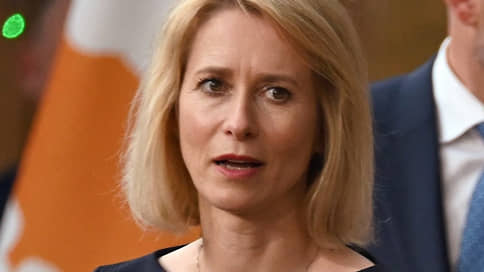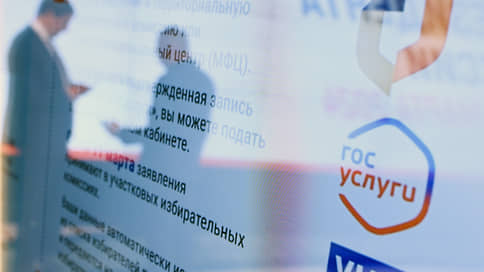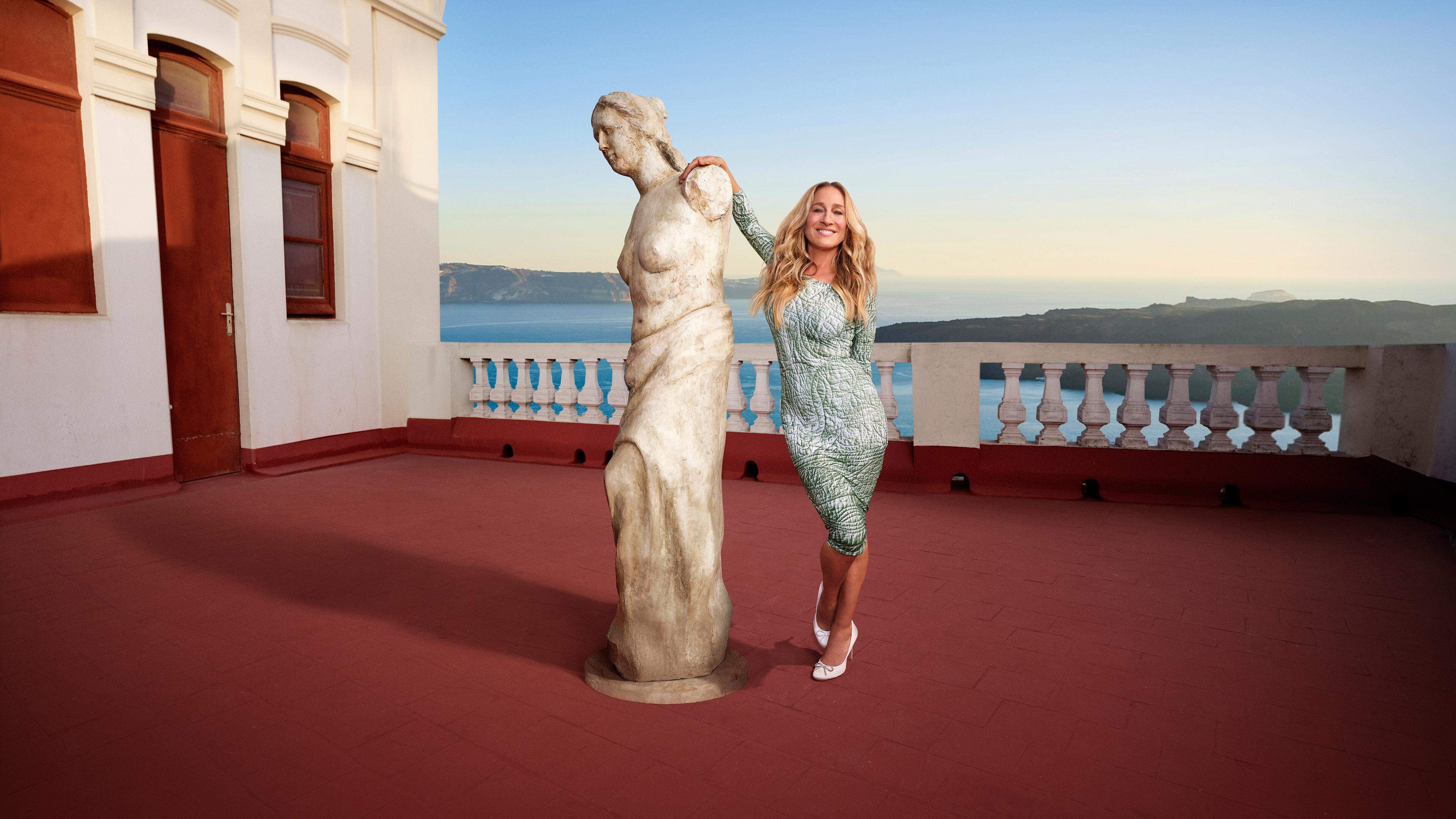The EU Council changed the regulation of sanctions for businessmen

The European Union tightens sanctions regulation against leading Russian businessmen. Entrepreneurs who sold assets or departed from the posts after the start of their own will remain under sanctions until they prove the lack of even informal control over the business. In addition, the EU Council will be taken into account by public condemnation by a person of Russian military operations in Ukraine. Sanctions will also be able to impose against those who helped businessmen in the alienation of assets. Lawyers note that the amendments are shifting the burden of proof of suction persons and significantly complicate the possibility of contesting restrictive measures.
The EU Council changed regulation regarding the imposition of sanctions against the so -called leading businessmen of the Russian Federation. The documents of May 13 notes difficulties in obtaining relevant and reliable information about economic ties, assets and business activity of persons defined by the Council as “influential entrepreneurs and entrepreneurs”. Now, if information about their assets or status is hidden or distorted, data will be considered reliable before February 24, 2022, if there is no more reliable information.
The key amendment was the presumption of the maintenance of “leading businessmen” with the Russian Federation even after their formal exit from business. Until now, the Council of the EU itself should have proved the grounds for imposing sanctions restrictions. This allowed citizens who sold their assets or have lost control over the business after February 24, 2022 to demand exclusion from European sanctions lists. Now, the burden of providing “sufficient, relevant and reliable” evidence that the way out of business was not formal is assigned to the businessman himself.
When making a decision to preserve or include the EU Council, the EU Council will analyze changes in the economic activity of a person, the amount of his investment and other factors that determine his “leading” status.
Along with this, a businessman’s public statements will play an important role. In particular, the Council will take into account whether the person condemned the unequivocally aggressive military operations of Russia against Ukraine, the EU document says.
In addition, a new criterion is introduced for inclusion in the sanctions lists of “individuals or legal entities, organizations or bodies that participated in the transfer of ownership, control or economic benefits from the business interests of leading businessmen working in Russia, or ensured such a transfer”.
What you prove that not a businessman
Lawyer KA Delcredere Artem Kasumyan calls these changes to the Russian sanctions regime fundamental. The EU Council proceeds from the fact that some businessmen sold their shares in Russian companies and left leading posts, “in order to exclusively circumvents sanctions measures, while actually maintaining control over assets,” explains Anna Abalakova’s logic of amendments to the practitioner of Vegas Lex special projects. That is why the very fact of selling a business or loss of control over it “cannot be considered more as a sufficient basis for exclusion from sanctions lists,” emphasizes AB Nordic Star Artem Zhavoronkov.
KAYA KALLAS, EU Supreme Representative for Foreign Affairs and Security Policy, May 13:
“We have already introduced a criminal punishment for those who are around sanctions, because it is obvious that European companies still want to benefit from Russia.”
The transfer of the fact of the loss of control over the business to the “leading businessmen” by the BGP Litigation Advisor to prove the fact that the BGP Litigation is explained by the fact that earlier in the absence of the EU Council, the court could annul them. According to FTL Advisers adviser to Ekaterina Drozdova, the purpose of amendments is to make it difficult to evade sanctions and make the exception of Russian businessmen from the sanctions list of Russian businessmen, while simplifying the lawsuit for the EU authorities. The Council of the EU “I would like to make the Russian sanctions regime as well -controlled and maximally limit judicial control,” Mr. Kasumyan also believes.
Mrs. Drozdova believes that now the EU court will “focus less on a thorough consideration of evidence, which have become the basis for the initial imposition of sanctions”, and to pay the main attention to the evaluation of evidence presented by the businessmen themselves about the real termination of their business. But what evidence presented by the businessman will be considered convincing, it is unclear, this is not disclosed in the EU documents, so the interpretation can be “very arbitrary”, Mr. Zhavoronkov warns.
Amendments do not mean automatic resumption of sanctions for those who have previously achieved their removal, Ms. Udodova indicates, but the EU Council can again include these persons in the sanctions lists.
At the same time, the restrictions are unlikely to be on those who were already excluded from the sanctions list (for example, Alexander Shulgin or Arkady Volozh), adds Mr. Kasumyan. But, in his opinion, the EU Council « intends to persist in relation to those persons by whom he does not execute the decisions of the EU court. » So, for example, the EU court on April 2 satisfied the lawsuit of Alexander and Dmitry Pumpyansky to remove the sanctions from them, but the EU Council has not yet fulfilled this decision, Mr. Kasumyan recalls. And the new regulation makes the prospects for lifting sanctions on this case foggy.
In addition, the new criterion allows you to impose sanctions on those who contributed and contributed to the “leading businessmen” in the alienation of the business, Maria Udodova points out. Mrs. Abalakova draws attention to the fact that the EU document does not have detailed information about who exactly belongs to persons providing such assistance. Apparently, “nominal owners and managers of former businesses of such persons will be at risk,” Ms. Udodova believes. If you interpret the item as widely as possible, even banks for financing transactions, notaries for certification of contracts, as well as registrars, auditors, business consultants, lawyers and many others are afraid of Mr. Zhavoronkov, can get into the list of such “assistants”.
Lawyers are sure that in the near future these amendments will become the subject of contesting in the EU court.
If the novel is resisted and is not recognized by the court, the EU Council will, in essence, receive, in essence, the carte blanche for sanctions against Russian businessmen, “cementing” a kind of “presumption of guilt”, summarizes Artem Kasumyan.






:format(webp)/s3/static.nrc.nl/wp-content/uploads/2025/04/19185255/data131036096-7193cf.jpg)
